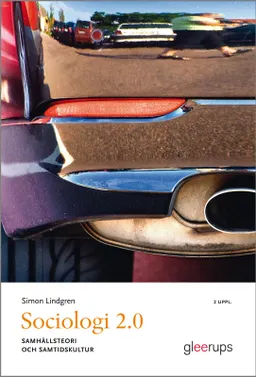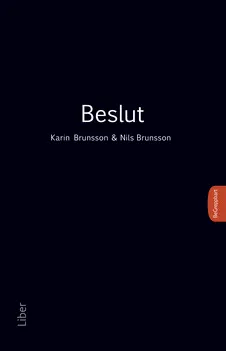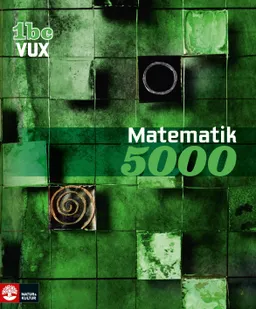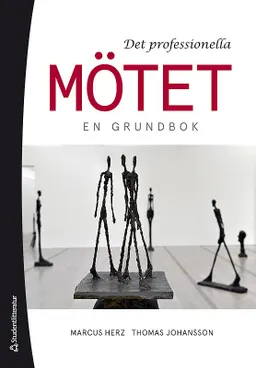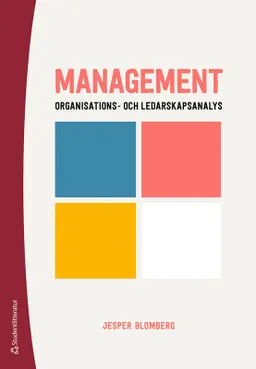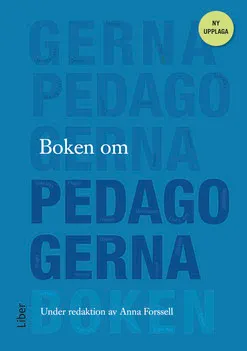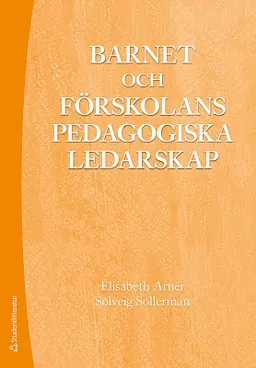In this Very Short Introduction, Prof Lord John Krebs provides a brief history of human food, from our remote ancestors 3 million years ago to the present day. By looking at the four great transitions in human food - cooking, agriculture, processing, and preservation - he considers a variety of questions, including why people like some kinds of foods and not others; how your senses contribute to flavour; the role of genetics in our likes and dislikes; and the differences in learning and culture around the world. In turn he considers aspects of diet, nutrition, and health, and the disparity between malnutrition in some places and overconsumption in others. Finally, he considers some of the big issues - the obesity crisis, sustainable agriculture, the role of new technologies such as genetic modification of crops, and ends by posing the question: how will it be possible to feed a population of 9 billion in 2050, without destroying our natural environment? ABOUT THE SERIES: The Very Short Introductions series from Oxford University Press contains hundreds of titles in almost every subject area. These pocket-sized books are the perfect way to get ahead in a new subject quickly. Our expert authors combine facts, analysis, perspective, new ideas, and enthusiasm to make interesting and challenging topics highly readable.
Åtkomstkoder och digitalt tilläggsmaterial garanteras inte med begagnade böcker





